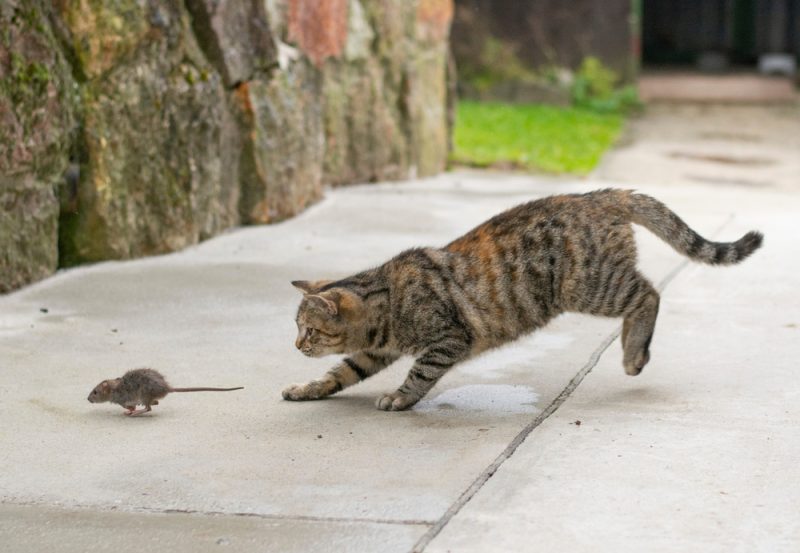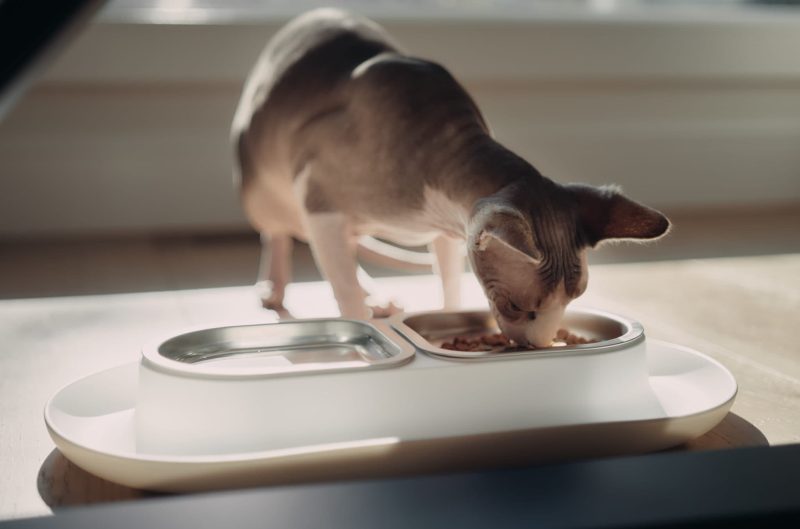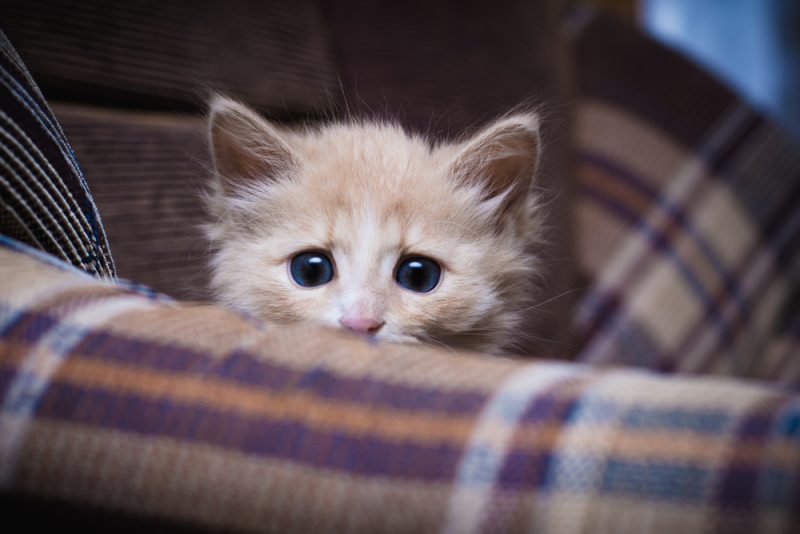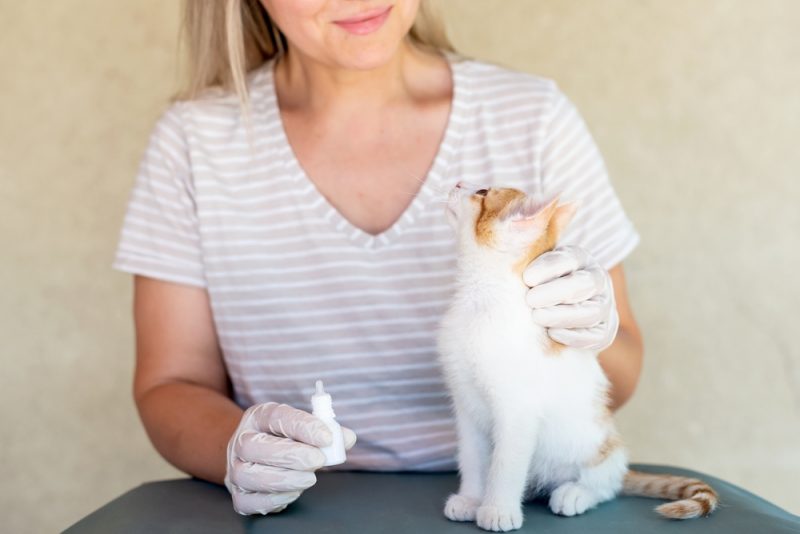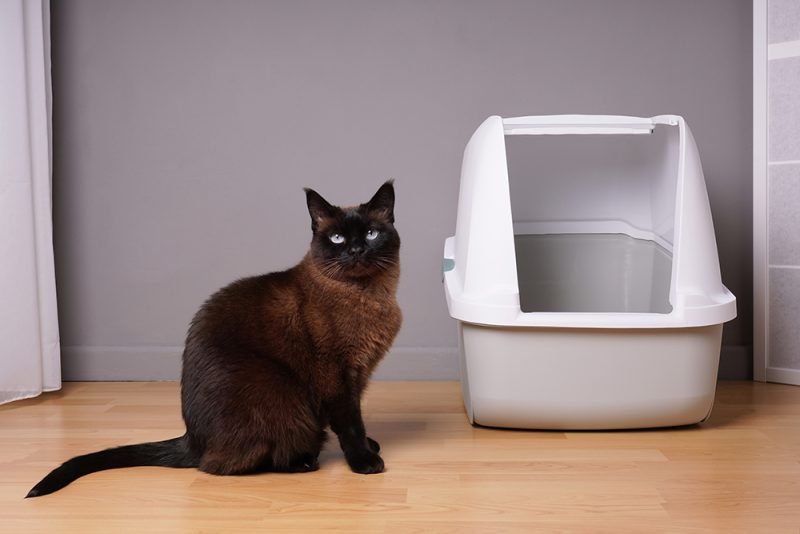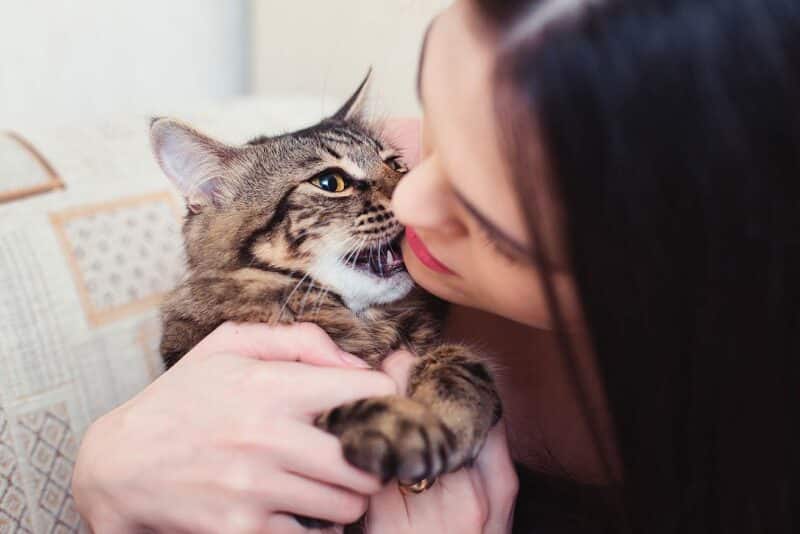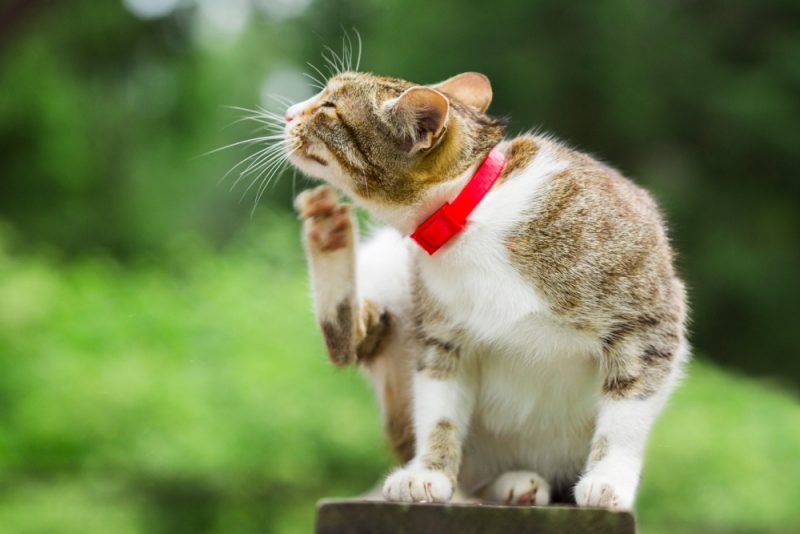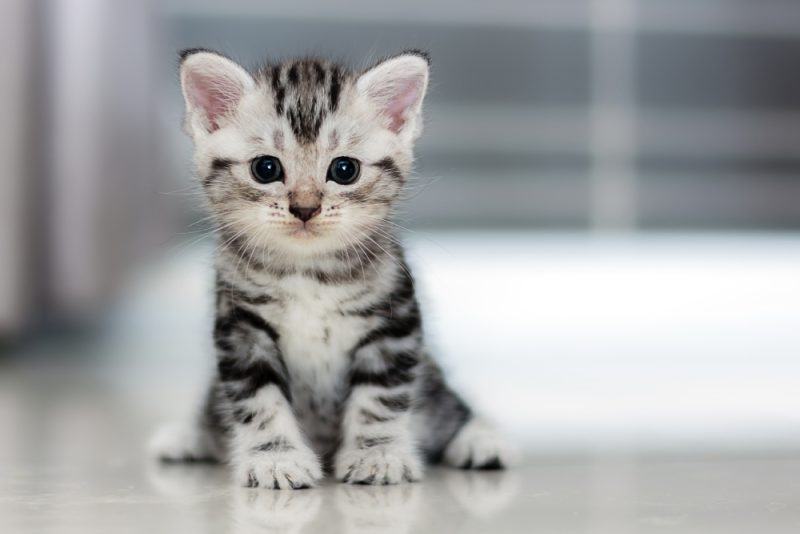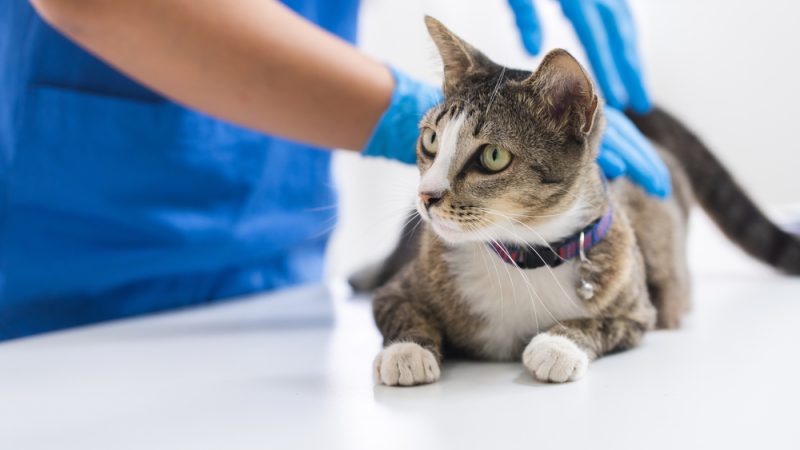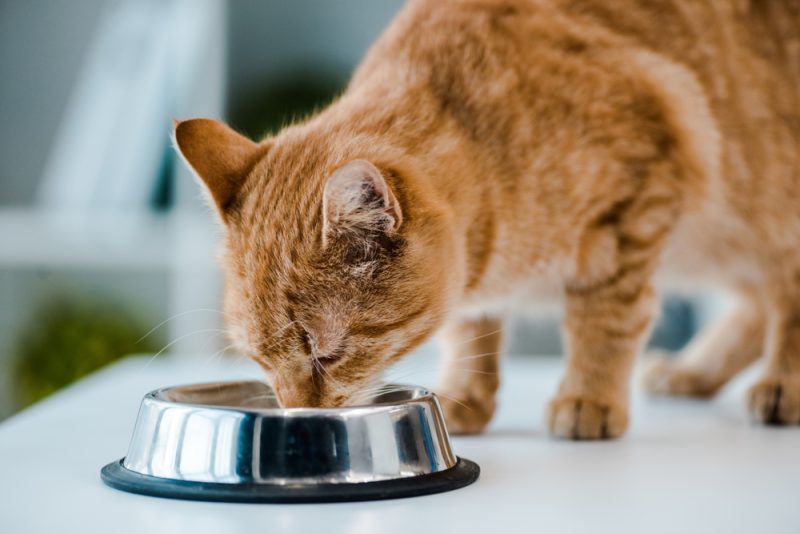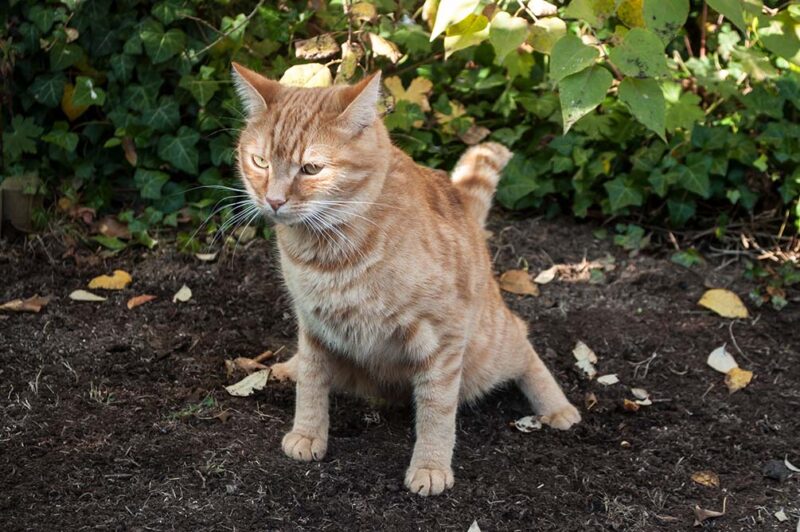Feral cats aren’t domesticated, prefer living outdoors, and often avoid human contact. They are normally considered mesopredators in their ecosystems and are most active after dusk. In addition, since they reproduce rapidly and are skilled hunters, conservationists find them devastating to wildlife.
It seems like the feral cat community has a stable supply of food in the wild to encourage its rapid population growth. They will go through garbage and eat rodents amongst other things. Read on below to find out more about what feral cats eat in the wild.

The 6 Foods That Feral Cats Eat in The Wild
1. Small Rodents
Feral cats, and all cats, are obligate carnivores. Their body metabolism and gastrointestinal tracts are all designed to digest meat efficiently. Of course, they can survive without it, but they won’t be healthy. Our feral friends love hunting rats, mice, squirrels, and other rodents.
It can be beneficial to humans since the cats can help us manage the rodent population in regions that typically offer optimal conditions for their growth. Rodents are a threat to people and pets; they spread diseases and damage crops.
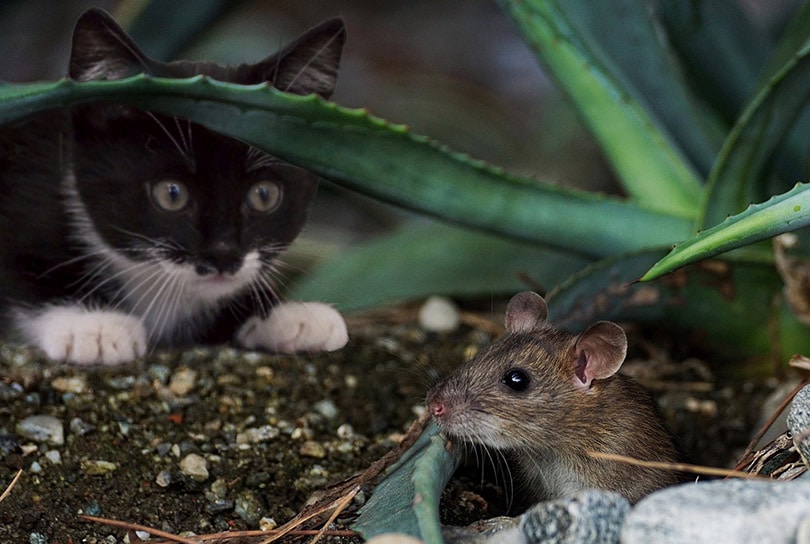
2. Birds
It’s no secret that feral cats are opportunistic hunters, and birds are one of their favorite targets. According to the National Audubon Society, we have approximately 60 million feral felines in the U.S.1 According to researchers, they are the chief cause of the extinction of more than 33 bird species worldwide.
3. Reptiles & Insects
Besides birds and rodents, feral cats also hunt insects and small reptiles. This includes worms, crickets, and even cockroaches. If they come across a snake or lizard, they’ll pounce on them, bite the head off, and carry them back to their feeding grounds.
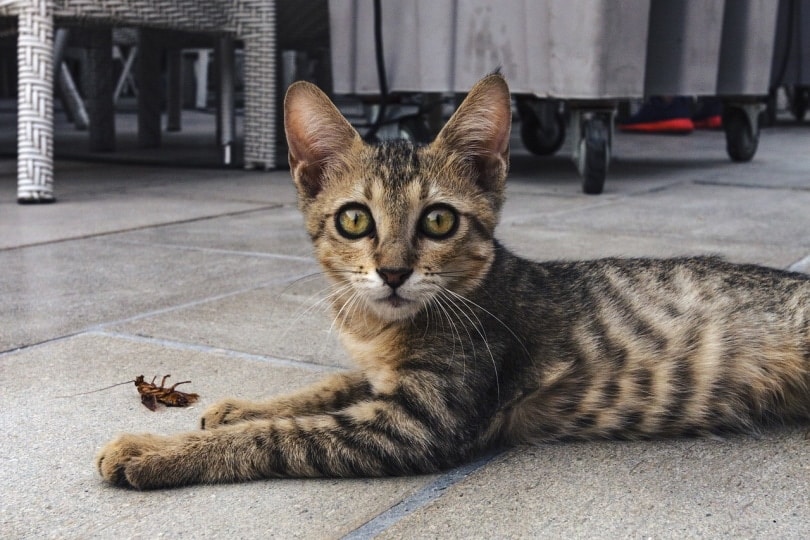
4. Water
All animals need water to survive, including feral cats. In the wild, they drink water from the river, pond, lake, pothole, manhole, etc. Some of the water sources aren’t clean, and that’s one reason diseases are prevalent in feral colonies. The diseases are often caused by fungi, parasites, bacteria, and viruses.
5. Vegetables & Fruits
Feral cats don’t need fruits or vegetables. Even though they have nutritional value, meat is almost always a preferred option. However, they’ll snack on grasses and plants occasionally.
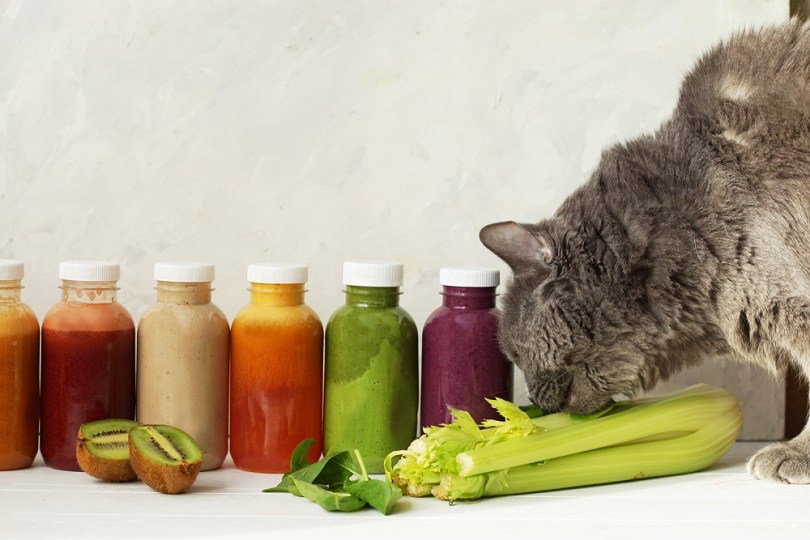
6. Garbage
We’ve all been woken up in the middle of the night by the noises made by raccoons and feral cats rummaging through our dumpsters or trash cans. They usually survive on our leftovers, especially during winter when the temperatures are too low, and prey is scarce.

FAQ
Why Are Feral Cats Not Considered Apex Predators?
An apex predator should be at the top of the food chain. In other words, apex predators don’t have any known enemies in their ecosystems. But in the case of feral cats, they can be hunted, killed, and eaten by owls, hawks, coyotes, and foxes.
Can You Domesticate a Feral Cat?
Domesticating a wild or feral cat is a tall order. Some would even say it’s impossible, given they are not used to human contact. If you desperately want to tame one, a kitten is much easier to train. Teaching it how to be friendly towards other pets or people is not going to be easy, but your chances of succeeding are higher than raising an adult.
Are Feral Cats Nocturnal?
For the most part, the free-roaming cats have nocturnal tendencies. Although cats are crepuscular, most feral felines prefer coming out at night when everybody’s gone to bed to sleep. They primarily rest during the day to avoid interacting with humans. If you see a feral cat out in the middle of the day, it’s either running away from a predator or too hungry to wait for dusk.
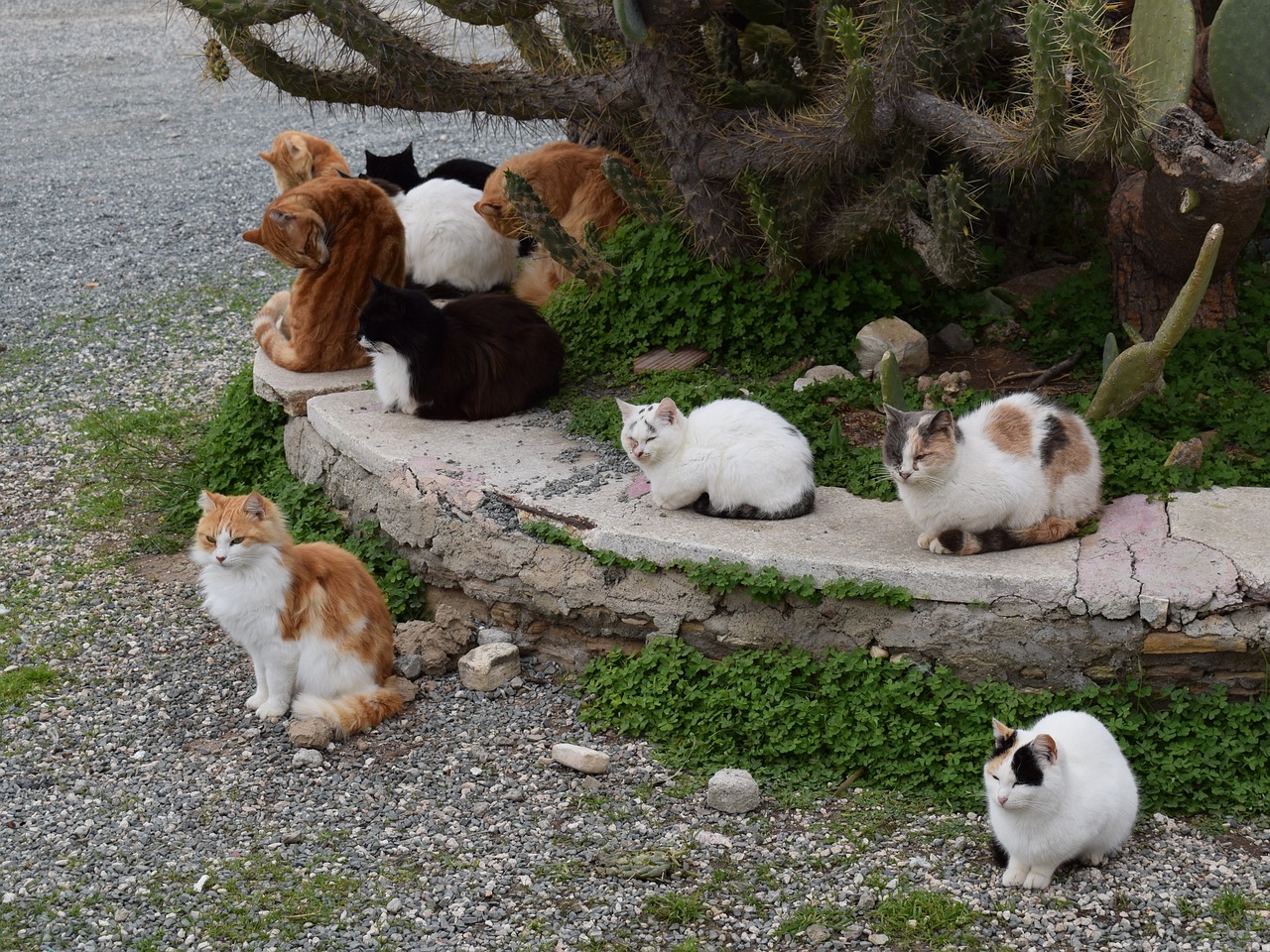

Conclusion
It’s okay to leave some food out for your feral guests, but remember that they will keep coming back. And when they do, their colony will be larger than the previous one. While it’s natural to want to help the cats by feeding them, in most cases, they are pretty adept at finding food on their own.
Featured Image Credit: Stefan Sutka, Shutterstock
